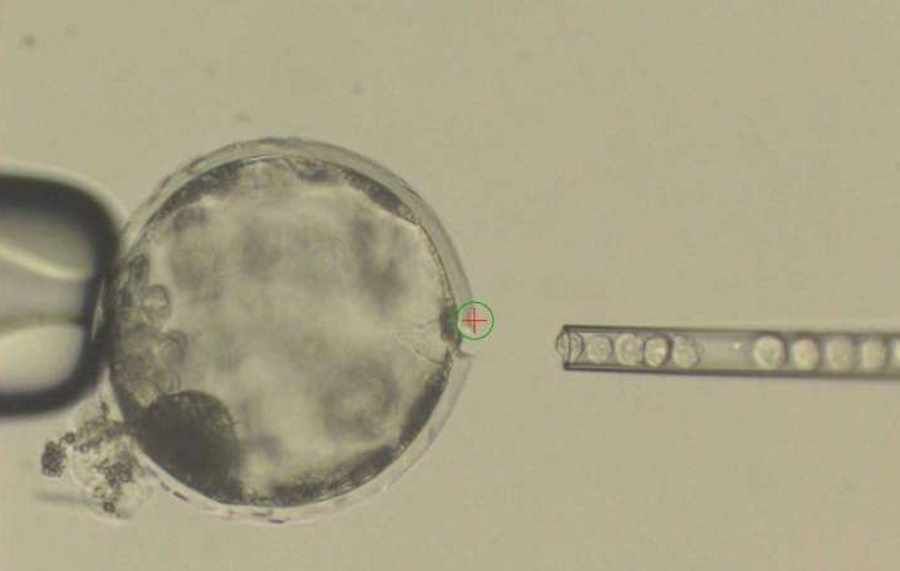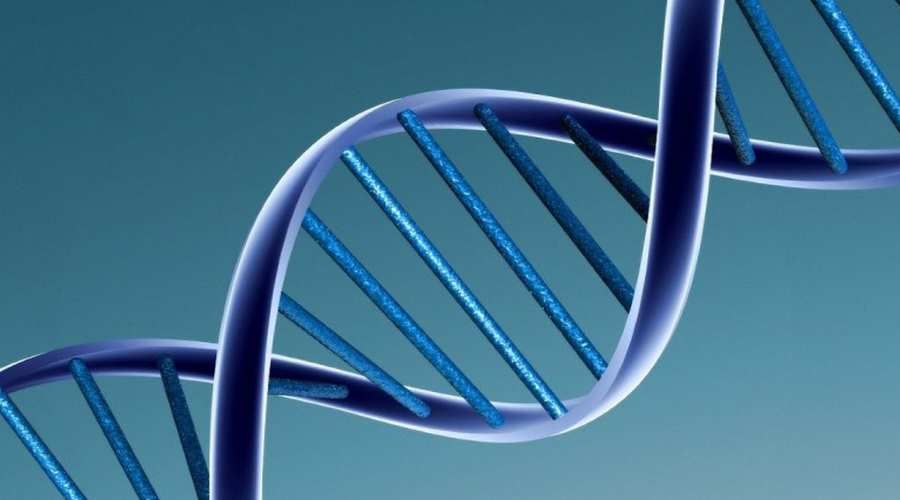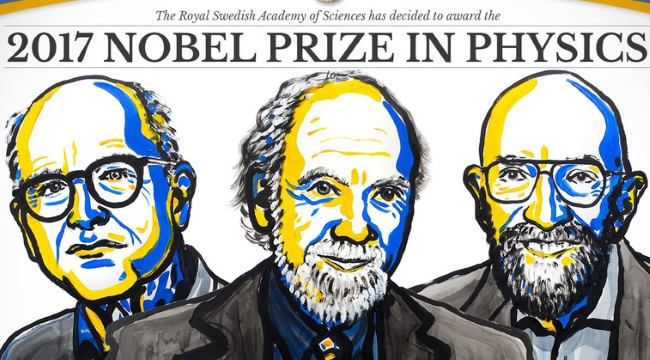
A sheep embryo with human cells has been grown
A sheep embryo with human cells has been grown
American geneticists grew a sheep embryo that contained a small fraction of human cells. With this type of research, it may be possible to create human organs that can be used for transplantation, in the bodies of genetically modified animals.
The Stanford University study is somewhat of a continuation of the work of a team of scientists At the American Salk Institute for Biological Studies, kt ho last year created a human-pig hybrid. This time the researchers crossed a human and a sheep.
While such research seems like some kind of degeneration, it is for the good of science and medicine. This type of chimera, as in biology the organisms formed from com rek Genetically modified animals are created to m c obtain human organs, which re could be used for transplantation. They may also be useful in testing new drugs .
Shortage of organ and tissues needed for transplantation has long been one of the most significant and unmet problems in medical. Lists of wasps b waiting for transplants at each center, who ry offers them, are long and the vast majority of patients do not manage to wait until a suitable donor is found. Thousands of patients are dying because of this per year.
Thanks to this type of research, it may be possible to create human organs in the bodies of genetically modified animals. Work on such a solution has been going on for years and could transform transplantology. – Even the best-fitting organs, except those that re are from monozygotic twins, do not work very long in the bodies of recipients , because the immune system constantly attacks them – admitted the biologist involved in the study, Pablo Ross of the University of California.
For organ culture is still a long way off, but organs produced in interspecies chimeras may be the only way to meet demand.
Researchers from Stanford University and the University of California have not yet published the result of the in its papers in any peer-reviewed scientific journal. However, they presented the findings at the annual convention of the American Association for the Advancement of Science, which ry was held in Texas.
Researchers in the lab have grown a sheep embryo that ry contained a small portion of human DNA. Human com stem cells to the embryo In the sheep, resulting in a hybrid creature composed of more than 99 percent of the. with the gene In sheep, but also in a tiny percentage (0.01) of the gene into a human. All embryos that re managed to grow in the laboratory were destroyed after 28 days.
Sheep embryos have been modified accordingly. The animal’s DNA has been deactivated at these sites, which re responsible for the development of j the desired organ. Human com stem cells. Researchers believe that in this way b it is possible to create a human organ inside the body of a sheep.
Why sheep? Sheep, like pigs, have organs similar in size to humans. However, in vitro fertilization of sheep is much easier than for pigs.
– The contribution of com human rec to date is very small. It’s not like we’re creating pigs with a human face or human m zgiem – said the com by Hiro Nakauchi of Stanford University. He added that about one in 10,000 com rek in sheep embryos came from humans. Nevertheless, the very fact of conducting such experiments is extremely controversial.
Scientists believe that at least one percent of the com rek of an animal embryo would have to be human to grow an organ. This means increasing the gene ratio in the sheep-human hybrid, which in turn increases ethical problems. And while there are no easy answers on this issue, scientists say we should not underestimate the possibility of what interspecies chimeras could do for us.
– This is controversial research, of course, but it offers hope to people who ers die every day due to the lack of suitable organs for them for transplantation. We need to explore all possible alternatives to solve this problem – stated Ross.
Source Source: AAAS, ScienceAlert, photo. Juan Carlos Izpisua Belmonte/ Salk Institute for Biological Studies

